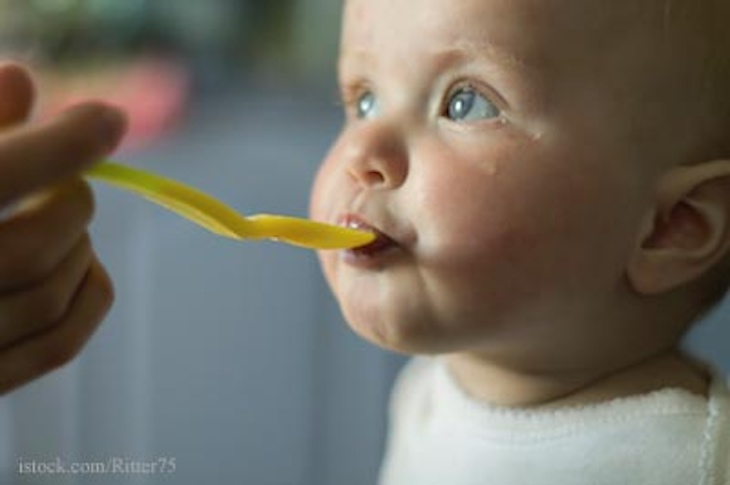Oceanitan baby food manufacturer received an FDA warning letter after a consumer complaint was filed about an infant contracting a botulism infection. An inspection found that these ready to eat baby food products that are packaged in reduced oxygen packaging are adulterated because they were “prepared, packed, or held under insanitary conditions whereby they may have become contaminated with filth or rendered injurious to health.” That facility is located at 2937 East Pico Boulevard in Los Angeles, California.

The FDA inspectors also found that there were significant violations of the labeling regulations for foods, which means the baby foods were misbranded, and the owner in charge did not comply with preventive controls provisions of the Current Good Manufacturing Practice, Hazard Analysis, and Risk-Based Preventative Controls for Human Food regulation.
The FDA found that the company’s hazard analysis did not identify and evaluate known or reasonably foreseeable hazards to determine whether there were any problems requiring a preventive control for this refrigerated ready to eat baby food. More specifically, the firm did not identify and evaluate bacterial growth and/or toxin formation due to reduced oxygen packaging. Clostridium bacteria species grow in reduced oxygen environments, and one of those, Clostridium botulinum, produces the botulism toxin.
Inspectors also noted that the company did not have adequate controls in place for bacterial growth and/or toxin formation due to reduced oxygen packaging. The maximum value for temperature in the event of loss of power or a natural disaster is not sufficient to control for the hazard of Clostridium botulinum formation in this type of product. One cooler that stored baby food was at a temperature of 42.4°F. Another cooler was at 46.0°F according to the FDA’s calibrated thermometer, while the firm’s thermometer registered 39.0°F. The firm stated that their dial thermometer in that cooler is not calibrated. Nonproteolytic Clostridium botulinum can grow and produce a deadly toxin after two days when temperatures are between [redacted].
Non-toxin forming Clostridium botulinum was detected in a sample of the baby food, and Clostridium beijerinckii was detected in another sample.
Listeria monocytogenes is another potential problem. When the cooked ingredients were exposed to the environment at post-cooking steps, the baby food products did not receive a lethal treatment that would significantly minimize pathogens. Recontamination with environmental pathogens is a “known or reasonable foreseeable hazard.”
The FDA also found that the plant was not constructed in a way so that floors, walls, and ceilings could be adequately cleaned and kept in good repair. An investigator observed water dripping from the condenser unit in a cooler where jars are filled, creating standing water on the floor. Standing water can be a Listeria monocytogenes hazard.
The company has responded to the FDA, but that agency still has questions about the manufacturing process and labeling requirements, including stating net quantity in each package, and not declaring water as an ingredient. The company also did not provide validation for inactivation of Listeria monocytogenes at the identified parameters.
The names of the Oceanitan baby food were not provided in the warning letter, but was redacted throughout, as were many mentions of temperature, although the letter does mention Bell Pepper Apple Bowl as an item.




